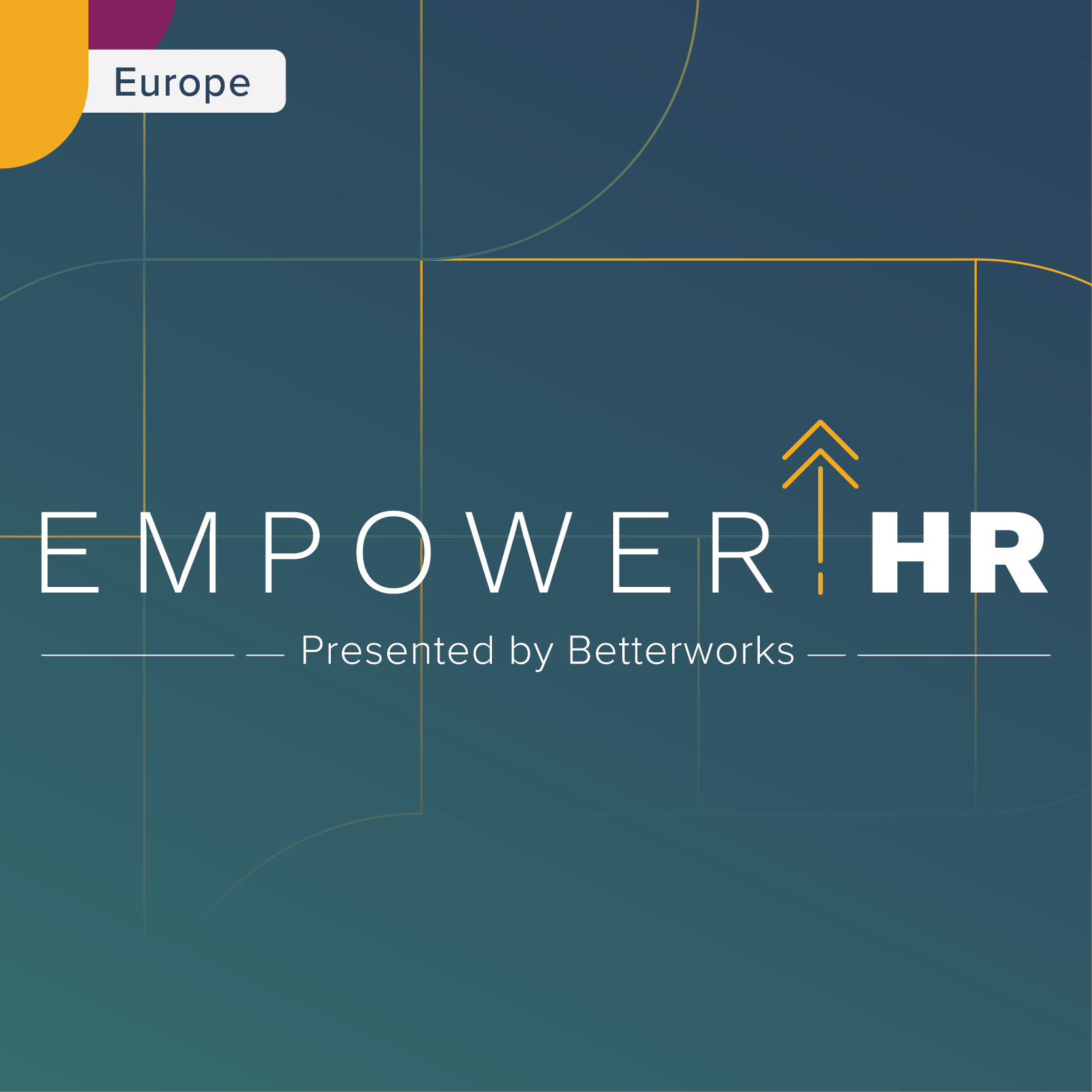Authentic feedback is the cornerstone of any effective employee engagement strategy. When employees provide genuine responses to an engagement survey, leadership can use it as the basis for targeted, well-informed decision-making. And, one of the most common and effective ways to ensure authenticity in employee feedback is through the use of anonymous employee surveys.
However, since an organization should have a full understanding of any initiative before implementing it, we wanted to take a closer look at anonymous employee engagement surveys, the benefits they bring to an organization, and examine any potential drawbacks as well.
Anonymous vs. Confidential
Anonymity in creating surveys is a powerful tool that breeds a sense of security and trust from a workforce. When management assures employees that their responses are anonymous – meaning direct managers, stakeholders, senior leadership, and even HR cannot discover the identity behind survey responses – workers do not have to worry about retribution or lack of anonymity from the employee survey provider. They can feel free to provide unfettered feedback that is accurate and honest without endangering their position, career, and livelihood.

A genuinely anonymous survey means there’s no way to circumvent or break that anonymity. An organization must clearly communicate that the full scope of the survey is anonymous – every time they message the workforce regarding the survey. Likewise, while defining anonymity for employees, it’s also crucial to distinguish between an anonymous survey and a confidential one.
However, HR and leadership must also keep in mind that the very same anonymity that creates a sense of security for employees can also inhibit meaningful insights from the data. This is an area where external survey providers shine, giving both the employer and employees the best of all worlds. The right survey provider and solution can protect employee identities while still allowing the organization to reveal granular details that would otherwise stay buried.
Also, a confidential survey typically means that an employee’s manager and peers do not know their identity. However, that doesn’t prevent HR or whoever analyzes the results from knowing a person’s identity. Confidentiality is more about protecting someone’s privacy rather than their identity, and the difference between the two is a critical one. With a confidential survey, responses do not become public knowledge, whereas with an anonymous survey, no one in the organization, irrespective of their title, has access to identities.
The Benefits of Anonymous Employee Engagement Surveys
Now that we’ve defined anonymity and distinguished it from confidentiality, let’s take a look at some of the benefits of using anonymous surveys within an employee engagement strategy.

- Confidence – Anonymity gives employees the confidence to speak up and be honest in their survey responses.
- Safety – As mentioned, anonymous surveys remove the fear of retribution or judgment by superiors.
- Trust – Anonymous feedback develops trust within an employee base, not just regarding safety, but that management wants to hear authentic opinions, and values an employee’s voice. Once an organization establishes trust, employee feedback provides a more accurate pulse on a workforce. Employees don’t worry about leadership drilling further down into survey response rates to reveal identities.
- Innovation – Honesty breeds a more open mindset and sharing of ideas that inspire nonlinear thinking, driving innovative thought within an organization.
- Participation rates – Recent research indicates that anonymity plays a vital role in survey participation rates, where 75% of people state they are more likely to respond to a survey when guaranteed anonymity. Greater response rates directly correlate with more accurate information, providing leadership with a better gauge on a workforce.
Collectively, these benefits to anonymous surveys provide management with an accurate, timely barometer on a workforce. From there, an organization can use that genuine feedback to inform action plans that will improve employee engagement. Higher engagement then creates a cascading effect that drives better culture, productivity, retention rates, and several other critical metrics.
The Drawbacks of Anonymous Employee Engagement Surveys
While the benefits of using anonymity in employee engagement surveys are undoubtedly appealing, there are a few potential drawbacks as well. In many cases, capable engagement software helps address these drawbacks, but it’s still important for an organization to take them into account while developing an employee engagement strategy.
Individualized Feedback
When anonymous feedback generates a highly individualized response, perhaps an employee complaining about harassment from their supervisor, the anonymity meant to protect the worker from retribution can also impede decisive action. In that case, an anonymous survey would usually prevent HR from following up since it wouldn’t know the person’s identity. However, using Betterworks Engage’s solution as an example, choosing the right engagement software alleviates that issue, allowing HR to anonymously message that worker for additional feedback without ever learning their identity.
Anonymously message that worker for additional feedback without ever learning their identity.
Broad Responses
This drawback is most common in bigger organizations with large workforces spread out across several teams, departments, offices, and locations. Since anonymity limits specificity in survey results, where individual responses are scrubbed of any identifying factors, it can be difficult for HR and management to isolate pain points and issues driving a negative response. Also, once the surveys are fully anonymized, the organization loses the ability to categorize data by specific, highly targeted employee segments like department, location, seniority, and others.

In essence, the organization is accepting a trade-off when using anonymous surveys, sacrificing responses specific to an individual employee’s experience for a greater level of accuracy and honesty. Still, if using the right engagement solution, organizations don’t have to completely sacrifice one for the other. The right software can still categorize the survey data into smaller segments – demographics, teams, tenure, salary, and others – thus, making it easier for HR and leadership to spot trends within those segments.
If there are too few data points to provide that level of detail while still preserving anonymity, the solution can use minimum response thresholds to simply stop segmenting the responses. In those instances, the organization still benefits from accurate, authentic survey data but loses the ability to view it from more granular perspectives.
Unproductive Feedback
Some employees mistakenly assume anonymity is an invitation to go on rants that are neither productive nor relevant to the survey questions. To minimize this dynamic, HR needs to stress that, although anonymous, there are still boundaries and guidelines to observe when taking a survey. While this is an area we’ve discussed in the past, employees must understand that anonymity is not carte blanche to needlessly vent or behave in an inappropriate or unprofessional manner.
When Anonymous Surveys Aren’t a Good Fit
It’s fair to say that the benefits of using anonymous surveys generally outweigh their drawbacks, especially when coupled with an engagement solution that can minimize the impact of those drawbacks. However, there are certain areas where anonymous surveys typically aren’t the best choice.
Onboarding
Onboarding is a personalized process, most effective when it plays to an individual’s strengths. While anonymous surveys can provide a more thorough macro perspective of an organization’s onboarding strategy, it’s often beneficial to survey personal experiences instead. This helps an employer better understand if a new hire has the tools he or she needs, and feels well-equipped during their ramp-up.
Exit/Alumni Surveys
The same premise is true for exit and alumni surveys, where anonymity can actually hinder an organization’s ability to improve the employee experience. In exit surveys, for instance, it’s important to understand the reasons prompting the move, preferably in a one-on-one interaction with HR or, at the very least, a more personal environment. Also, for both exiting employees and alumni, anonymity is usually less important since the worker is either leaving or already left the employer.
Ultimately, it’s incumbent upon the organization to determine if anonymous surveys are in their best interest. For the vast majority of employers, anonymity provides levels of authenticity and accuracy that are otherwise difficult, if even possible, to achieve. Above all else, accurate data is essential for unlocking the full potential of any employee engagement strategy.
Employee engagement surveys can provide feedback that may be analyzed to help create better employee engagement. This means that they ultimately measure an employee’s connection to the company.
Employee engagement is typically the reason that an employee will stay with the same company rather than accept other offers. In fact, employee engagement and retention are directly linked.
When a survey is anonymous, an employee feels more open as if he or she can provide a completely honest answer to a question. Instead of worrying about repercussions, they can focus on expressing their true feelings.
Employee surveys can be used for a number of things, but ultimately, they are meant to make the working environment better for employees. Allowing employees to provide anonymous answers can be a quicker path to that outcome.
Employee surveys are utilized by companies so that they may analyze the results with particular metrics in mind. When employees provide anonymous answers, they are typically more honest.
A survey filled with answers that an employee hopes their team leader wants to hear isn’t very helpful to the management team. The cover of anonymity allows them to provide a clearer picture, which can be important when implementing new strategies and creating new processes.







